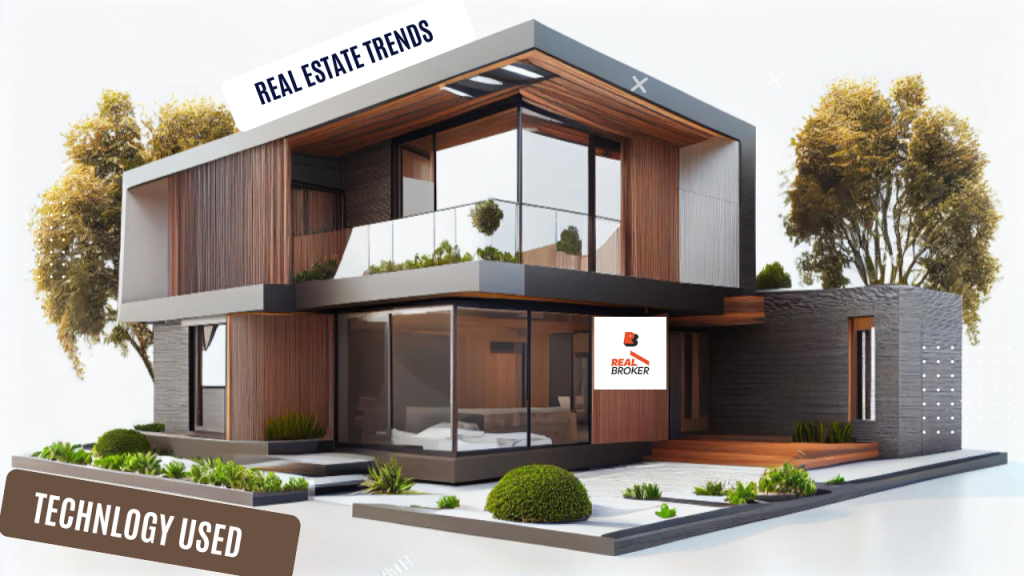
The Intersection of Trends and Technology in Residential Real Estate
The Intersection of Trends and Technology in R ...
The residential real estate market is a dynamic and ever-changing landscape influenced by various trends. Understanding these trends is crucial for both buyers and sellers to make informed decisions in the market.
One significant trend shaping the residential real estate market is the rise of remote work. The shift towards remote work arrangements has led many individuals to reconsider their living situations, with a growing preference for homes that offer dedicated office spaces, larger square footage, and access to outdoor amenities. This has resulted in increased demand for properties in suburban and rural areas, away from densely populated urban centers.
Another trend impacting the residential real estate market is the focus on sustainability and energy efficiency. Homebuyers are increasingly seeking properties that are environmentally friendly and cost-effective to maintain. Features such as solar panels, energy-efficient appliances, and smart home technology are becoming more desirable in today's market.
Additionally, the rise of virtual tours and online listings has transformed the way properties are marketed and viewed by potential buyers. With the convenience of virtual showings, buyers can explore homes from the comfort of their own space, reducing the need for in-person visits and streamlining the home-buying process.
By understanding these trends and adapting to the changing landscape, buyers and sellers can make strategic decisions to achieve their real estate goals.
Impact of technology on the real estate industry
Technology has been a game-changer in the real estate industry, revolutionizing the way properties are bought, sold, and managed. From virtual tours and 3D modeling to online property listings and digital transaction platforms, technology has significantly impacted every aspect of the real estate market.
One of the most notable advancements in recent years is the rise of virtual reality (VR) and augmented reality (AR) technologies. These tools allow potential buyers to take immersive virtual tours of properties from the comfort of their homes, saving time and making the house-hunting process more convenient than ever before.
Furthermore, data analytics and artificial intelligence (AI) have transformed the way real estate professionals analyze market trends, predict property values, and tailor their marketing strategies. These technologies empower agents and investors to make data-driven decisions, leading to more efficient transactions and better outcomes for all parties involved.
In addition, the emergence of online platforms and mobile apps has streamlined the property search and transaction process, making it easier for buyers, sellers, and agents to connect and communicate effectively. With just a few clicks, individuals can access a wealth of information about properties, neighborhoods, and market trends, empowering them to make informed decisions.
Overall, technology has undoubtedly shaped the modern real estate landscape, paving the way for innovation, efficiency, and improved customer experiences. As the industry continues to evolve, staying abreast of the latest technological trends and leveraging them to your advantage will be key to navigating the future of residential real estate successfully.











